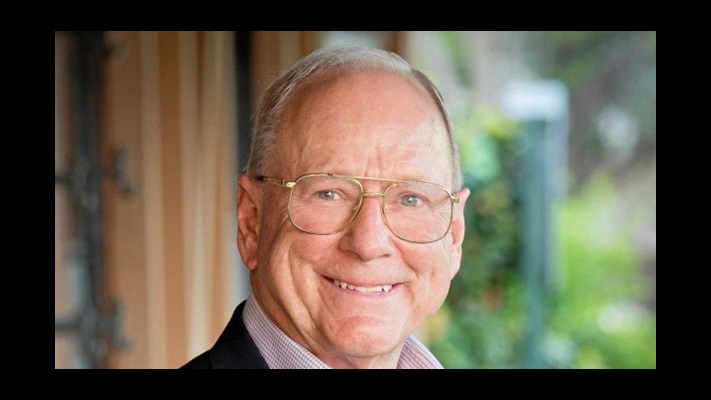2023 | Volume 24 | Issue 6
Author: Professor David A Clark

Dr Stitz was a giant of the colorectal world and will be remembered fondly by the many aspirant surgeons he inspired. His influence on the Royal Brisbane and indeed Australian colorectal surgery cannot be overstated. His strong work and service ethic set the standard and his willingness to learn and evolve placed Brisbane squarely at the centre of the laparoscopic colorectal surgery revolution.
An alumnus of Ipswich Grammar in the class of 1960, Dr Stitz graduated from medicine in 1966, and in addition to his academic achievements, distinguished himself on the field in rugby.
Dr Stitz completed his training at the Royal Brisbane Hospital and then extended his experience in the developing sub-speciality of colorectal surgery in the United Kingdom and made lifelong friendships with his mentors at St Mark’s in London.
Having completed the first Australian laparoscopic colectomy in 1991, the scene was set for the wider application and uptake of this technique throughout Australia and Aotearoa New Zealand. The first laparoscopic colorectal surgery courses commenced in 2001 and continue to this day.
His executive leadership was extraordinary and evidenced by the great number of positions he held—from president of the Colorectal Surgical Society of Australasia (now the CSSANZ), president of the Queensland branch of the AMA, president of the Royal Australasian College of Surgeons (RACS) to commissioner of the Health Quality Complaints Commission (HQCC). Indeed, he was a founding member of the CSSA and would be very happy with how the society has grown and developed over the years.
In parallel, he enjoyed a career in the army reserve, attaining a rank of Colonel. He felt that his army career synergised with clinical leadership and further equipped him with the skills that exemplified the performance of his executive roles.
His Fellows will attest that he spent many hours at the Wesley hospital but always managed to give his patients and colleagues as much time as they needed. He generously gave advice freely to the many surgeons who sought his help and experience. The Wesley hospital recognised his many years of service by naming the new operating theatre wing after him.
His passion for education was realised when he was appointed as the professor of Surgery at the University of Queensland. This was a challenge he pursued with his trademark enthusiasm and his collaborative spirit brought his colleagues together to invigorate the surgical teaching program.
Even following his retirement, he continued the theme of community service and philanthropy and headed the Buderim Foundation. He enjoyed attending BBQs in Brisbane to meet his old colleagues and the new generation of colorectal Fellows.
Russell was a great statesman, and his legacy is writ large, but moreover, he was compassionate—he listened to people and advised them with his wealth of experience. His humanity set him apart. He was inspirational, he was a leader, he was, importantly, a friend.
Russell will be dearly missed by all those whose lives he touched and particularly by his wife, Anne, his daughters, Claire and Kate, and his son William.
Dr Stitz’s career will be recognised through a memorial academic session at the Royal Brisbane and Women’s Hospital Education Centre on February 13, 2024 and a dinner the night beforehand. Please email David Clark on [email protected] to indicate your interest in attending.